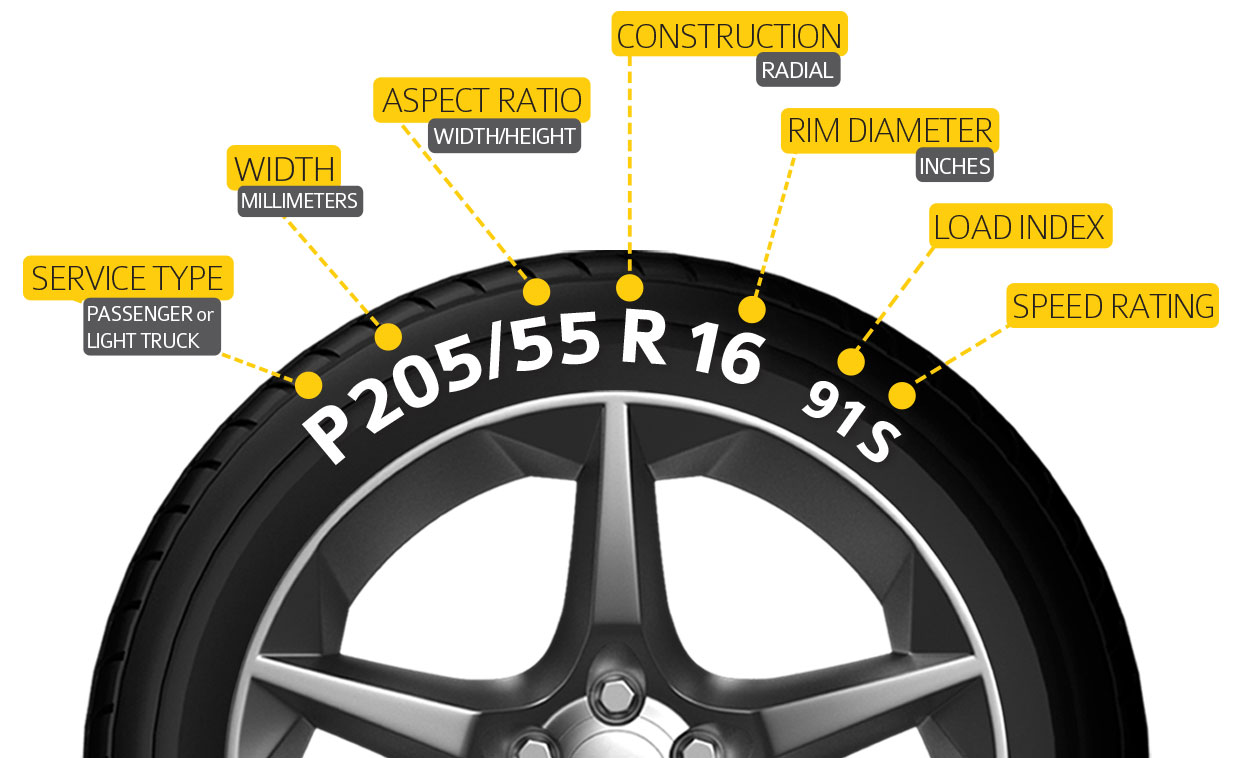Deciphering Your Wheels: The Definitive Guide to Car Rim Measurement

Ever stared at a sleek set of rims, wondering if they'd fit your ride? Or maybe you're troubleshooting a vibration and suspect your rim size is the culprit? Knowing how to correctly measure a car rim is crucial for both aesthetic upgrades and maintaining optimal vehicle performance. It's more than just a number; it's the key to unlocking your car's potential.
Measuring a car rim isn't just about aesthetics. It's about safety and performance. An incorrectly sized rim can lead to handling issues, tire wear problems, and even brake failure. Understanding your rim's dimensions is vital for ensuring your car performs as intended.
From the early days of automotive history, rims have evolved from basic functional components to highly engineered performance enhancers. Accurate rim measurement has become increasingly important as car designs and performance demands have grown more sophisticated. Mismatched rims can lead to a cascade of issues, impacting everything from speedometer readings to suspension wear and tear.
The primary challenge in determining car rim size lies in the various measurements involved. Diameter, width, bolt pattern, offset – these are all critical components of the rim’s identity. Each contributes to how the wheel and tire assembly interacts with the car's suspension and body. Accurately assessing these parameters is essential for achieving the desired fit and performance.
The process of obtaining car rim measurements requires a systematic approach. We'll delve into each step, demystifying the process and empowering you with the knowledge to confidently assess any wheel. This guide will equip you with the necessary tools and techniques for accurate car rim measurement.
Diameter: Measured in inches, this represents the distance across the rim from bead seat to bead seat. For example, a 17-inch rim has a diameter of 17 inches.
Width: Also measured in inches, this refers to the distance between the inside edges of the rim flanges where the tire beads sit. A 7-inch wide rim accommodates a specific range of tire widths.
Bolt Pattern: This describes the arrangement of lug holes on the rim. It is expressed as the number of lugs and the diameter of the circle formed by the centers of the lug holes (e.g., 5x114.3mm).
Offset: This measures the distance between the rim's mounting surface and the centerline of the wheel. It affects how the wheel sits in relation to the fender.
Benefits of Accurate Rim Measurement:
1. Ensured Fitment: Knowing your rim dimensions guarantees the new wheels will fit your car without clearance issues.
2. Enhanced Performance: Properly sized rims optimize handling, braking, and overall vehicle dynamics.
3. Improved Safety: Correct rim fitment prevents interference with suspension components and brake systems, ensuring safe operation.
Step-by-Step Guide to Measuring a Car Rim:
1. Safety First: Ensure the car is parked on a level surface and the parking brake is engaged.
2. Locate the Markings: Rim dimensions are often stamped on the back of the wheel. Look for markings indicating diameter, width, offset, and bolt pattern.
3. Measure the Diameter: Use a tape measure to measure across the rim from bead seat to bead seat.
4. Measure the Width: Measure the distance between the inside edges of the rim flanges.
5. Determine the Bolt Pattern: Count the number of lug holes and measure the diameter of the circle formed by their centers.
Recommendations:
Several online wheel and tire calculators can assist in determining proper fitment based on your vehicle and desired rim specifications.
Advantages and Disadvantages of Measuring a Car Rim Yourself
| Advantages | Disadvantages |
|---|---|
| Cost-effective (no professional needed) | Potential for inaccuracy if not done carefully |
| Increased knowledge about your vehicle | Requires basic tools and understanding of wheel dimensions |
Best Practices:
1. Always double-check measurements.
2. Use a reliable tape measure.
3. Consult online resources for bolt pattern identification.
4. Consider consulting a tire professional for complex fitment scenarios.
5. Document your measurements for future reference.
Real Examples: Several examples with specific car models and rim sizes would be included here, illustrating how the measurements are taken in real-world scenarios.
Challenges and Solutions: Common challenges like rusted or obscured markings and solutions to overcome them are described here.
FAQs: Frequently Asked Questions and answers about car rim measurement are provided here.
Tips and Tricks: Clean the rim before measuring for accurate readings. Use a caliper for more precise measurements.
Mastering car rim measurement empowers you to make informed decisions about your vehicle's wheels and tires. Accurate measurement ensures proper fitment, enhances performance, and ultimately contributes to a safer and more enjoyable driving experience. By following the outlined steps and best practices, you can confidently navigate the world of car rims, ensuring your vehicle is equipped with the perfect set of wheels to match your driving style and aesthetic preferences. Don't just guess, measure – and unleash your car's true potential. Understanding the nuances of your car's rims and tires can unlock a level of personalized performance and aesthetic satisfaction. Take control of your ride – start measuring!
Decoding revere pewter the ultimate paint color guide
Finding your perfect malibu a guide to malibu boat dealerships
Decoding kuromis heart a look at the edgy icon













